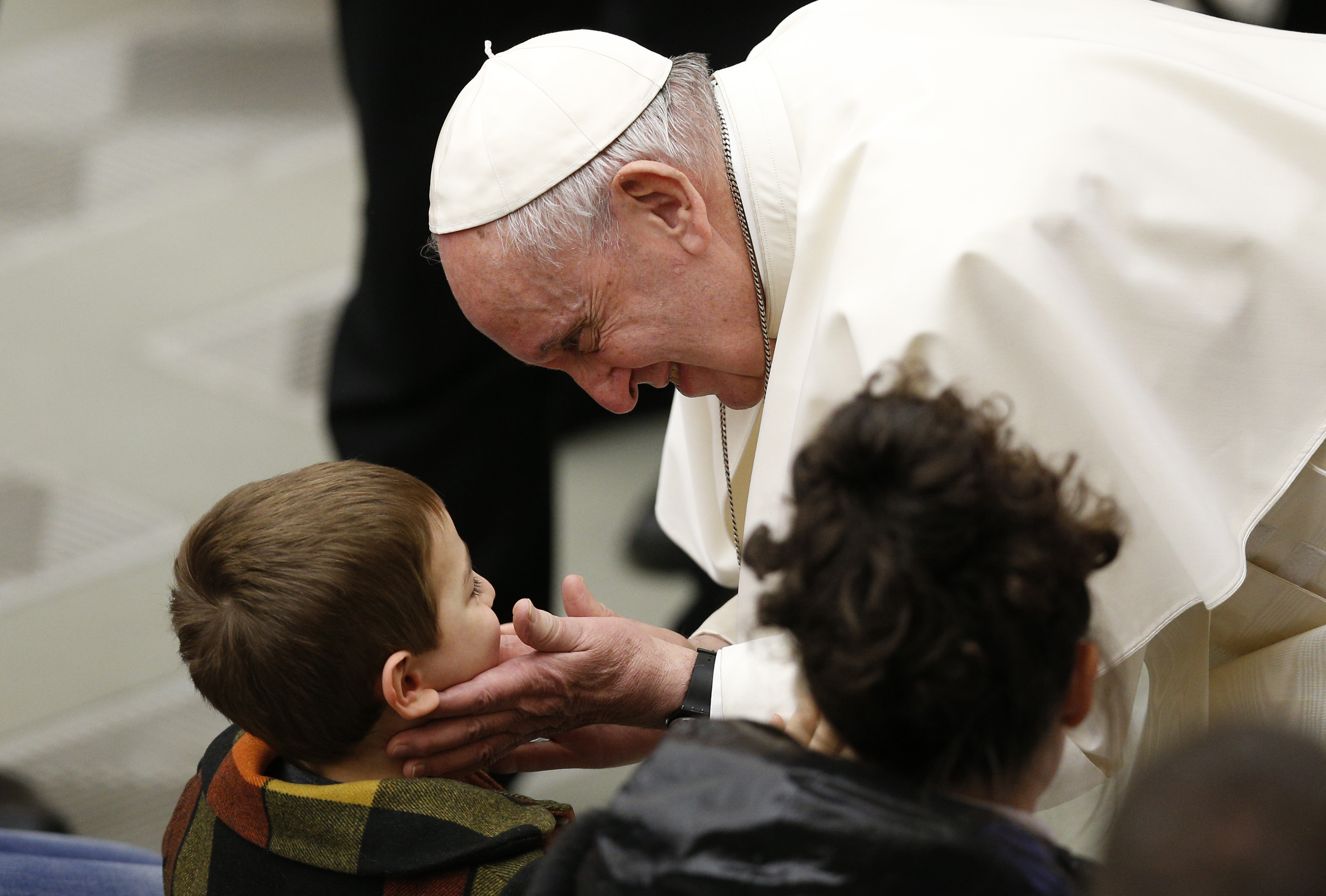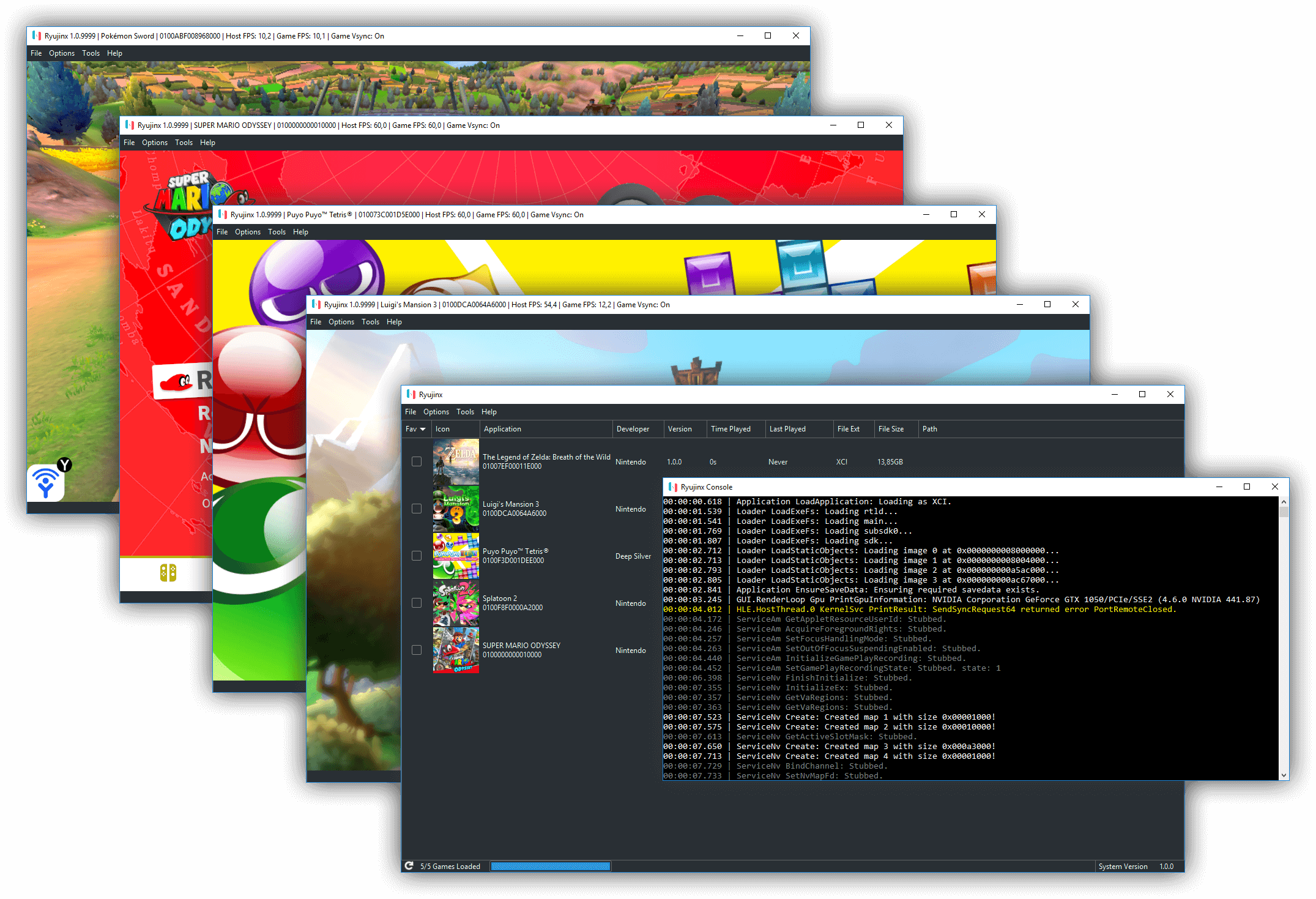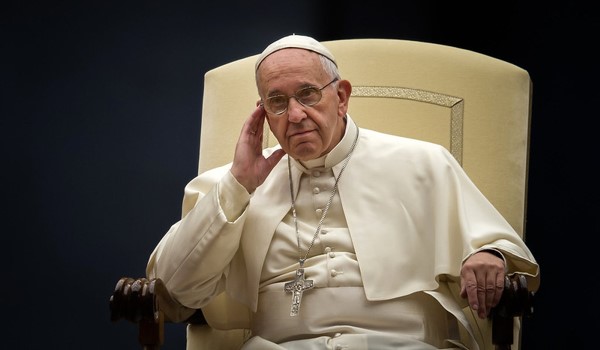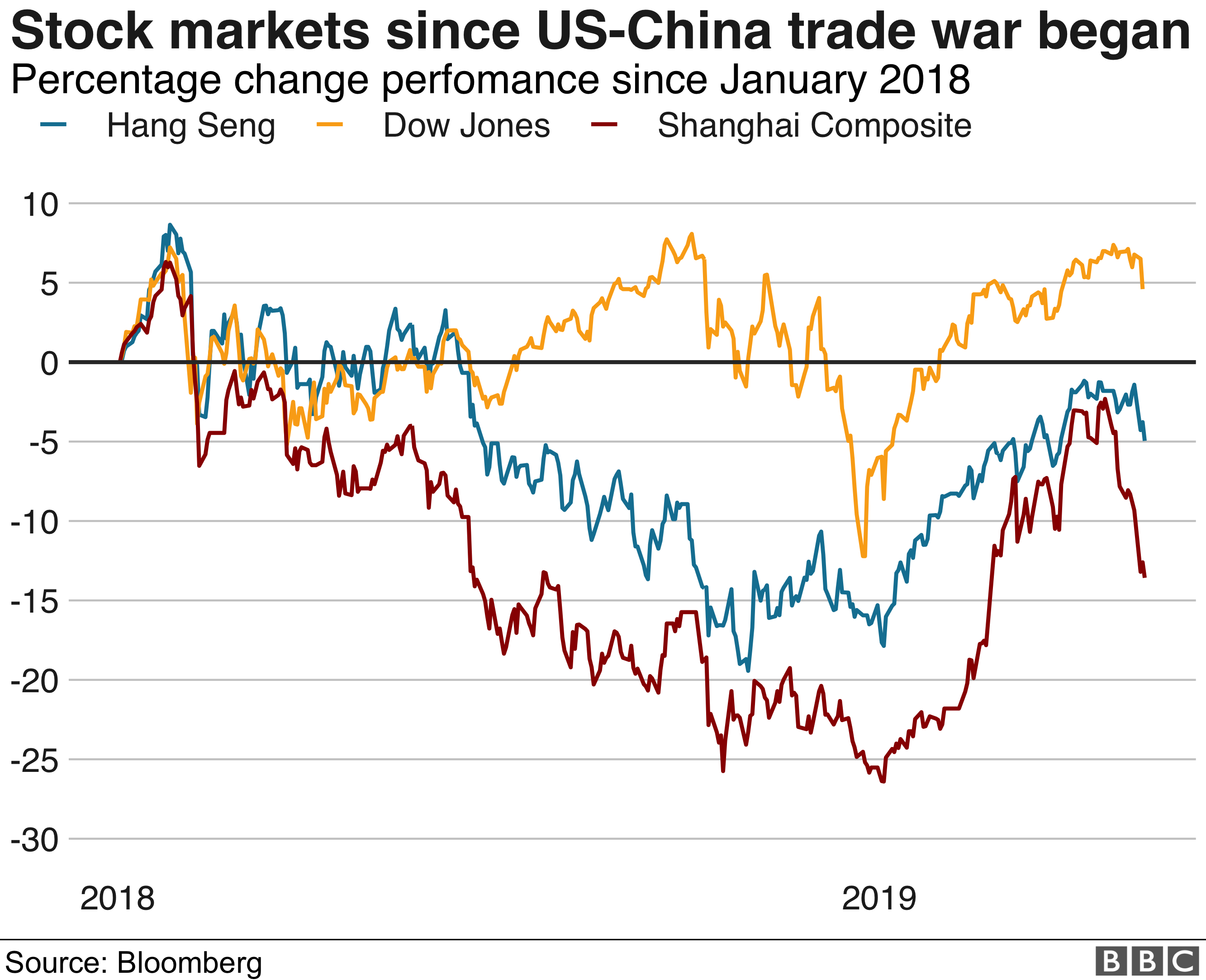Pope Francis: A Reflection On His Life And Papacy Following His Death

Table of Contents
The Early Life and Rise of Jorge Bergoglio
Humble Beginnings
Pope Francis's journey to the papacy began in humble circumstances. Born in Buenos Aires, Argentina, in 1936, his upbringing instilled in him a deep empathy for the poor and marginalized, a characteristic that would define his future ministry. His family, though not wealthy, emphasized the importance of faith and service to others. This early exposure to social inequalities profoundly shaped his worldview and his subsequent pastoral work.
- Jesuit Education and Formation: Bergoglio's Jesuit education provided him with a rigorous intellectual foundation and a deep commitment to the principles of the Society of Jesus. This training emphasized social justice, intellectual rigor, and a life of service.
- Archbishop of Buenos Aires: As Archbishop of Buenos Aires, he immersed himself in the lives of the city's poor, visiting slums and advocating for their rights. His pastoral approach was characterized by humility and a profound connection with the people he served.
- Key Experiences Shaping his Papacy: His experience of Argentina's military dictatorship deeply affected his perspective on the importance of human rights and the need for justice and reconciliation. This experience likely influenced his emphasis on mercy and compassion throughout his papacy.
Key Theological and Pastoral Themes of His Papacy
Emphasis on Mercy and Compassion
A central theme of Pope Francis's papacy was the boundless mercy of God. He consistently emphasized forgiveness, reconciliation, and extending God's compassion to all, regardless of their past actions. This message resonated with many, offering a path to healing and redemption.
Social Justice and Environmental Concerns
Pope Francis was a tireless advocate for social justice, speaking out against poverty, inequality, and injustice. His encyclical Laudato Si' highlighted the urgent need to protect the environment and address climate change, demonstrating a deep concern for the planet and its inhabitants.
- Actions Supporting Social Justice: His frequent visits to impoverished communities, his unwavering support for refugees and migrants, and his outspoken criticism of economic inequality exemplify his commitment to social justice.
- Environmental Advocacy: Laudato Si' is considered a landmark document in Catholic social teaching and has spurred significant dialogue and action on environmental issues worldwide. His call for ecological conversion inspired many to adopt more sustainable lifestyles.
- Impact on Catholic Social Teaching: Pope Francis significantly broadened the scope of Catholic social teaching, emphasizing its relevance to contemporary global challenges.
Significant Reforms and Changes Under Pope Francis
Modernizing the Church
Pope Francis initiated significant reforms within the Vatican bureaucracy, aiming to enhance transparency and accountability. He also emphasized the importance of collegiality and synodality in Church governance.
Dialogue and Inclusivity
Pope Francis fostered dialogue with other religious leaders and communities, promoting interfaith understanding and cooperation. He also demonstrated a greater openness to addressing sensitive issues within the Church, such as the inclusion of LGBTQ+ individuals.
- Examples of Reforms: His streamlining of Vatican processes and his efforts to combat financial corruption were notable steps towards modernizing the Church's administration.
- Interfaith Dialogue: His meetings with leaders from various faiths demonstrated his commitment to building bridges and fostering mutual respect.
- Impact on the Church's Image: His emphasis on humility and his accessibility helped to improve the Church's image and broaden its appeal to a wider audience.
Pope Francis's Legacy and Enduring Impact
A Transformative Pontiff?
Pope Francis's papacy was undeniably transformative. His emphasis on mercy, social justice, and environmental stewardship profoundly impacted Catholic thought and practice. His humility and accessibility resonated with many, both within and outside the Catholic Church.
Challenges and Criticisms
Despite his widespread popularity, Pope Francis faced challenges and criticisms. Some conservatives within the Church expressed concerns about his reforms, while others questioned his approach to certain doctrinal issues.
- Long-term Implications: The full impact of his reforms and policies will likely unfold over the coming decades.
- Impact on Interreligious Relations: His efforts to promote interfaith dialogue fostered greater understanding and cooperation between different religious communities.
- Lasting Influence: His emphasis on social justice and mercy will continue to shape Catholic social teaching and practice for years to come.
Conclusion
Pope Francis's life and papacy were marked by a deep commitment to social justice, mercy, and reform. His humble demeanor, his bold actions, and his unwavering focus on the poor and marginalized left an indelible mark on the Catholic Church and the world. Reflect on the legacy of Pope Francis, and let his life inspire us to continue his work of promoting social justice, mercy, and compassion. Learn more about the life of Pope Francis through resources available on the Vatican website and numerous biographies. Continue the work of Pope Francis by embracing his teachings and striving to build a more just and compassionate world.

Featured Posts
-
 Analyzing The Potential Of A Joint Swedish Finnish Military Force
Apr 22, 2025
Analyzing The Potential Of A Joint Swedish Finnish Military Force
Apr 22, 2025 -
 Ryujinx Emulator Development Halted Nintendo Contact Confirmed
Apr 22, 2025
Ryujinx Emulator Development Halted Nintendo Contact Confirmed
Apr 22, 2025 -
 Remembering Pope Francis A Life Of Faith And Service 88 Years
Apr 22, 2025
Remembering Pope Francis A Life Of Faith And Service 88 Years
Apr 22, 2025 -
 Stock Market Today Dow Futures Dollar And Trade War Impact
Apr 22, 2025
Stock Market Today Dow Futures Dollar And Trade War Impact
Apr 22, 2025 -
 Is Betting On Natural Disasters Like The La Wildfires A Sign Of The Times
Apr 22, 2025
Is Betting On Natural Disasters Like The La Wildfires A Sign Of The Times
Apr 22, 2025
